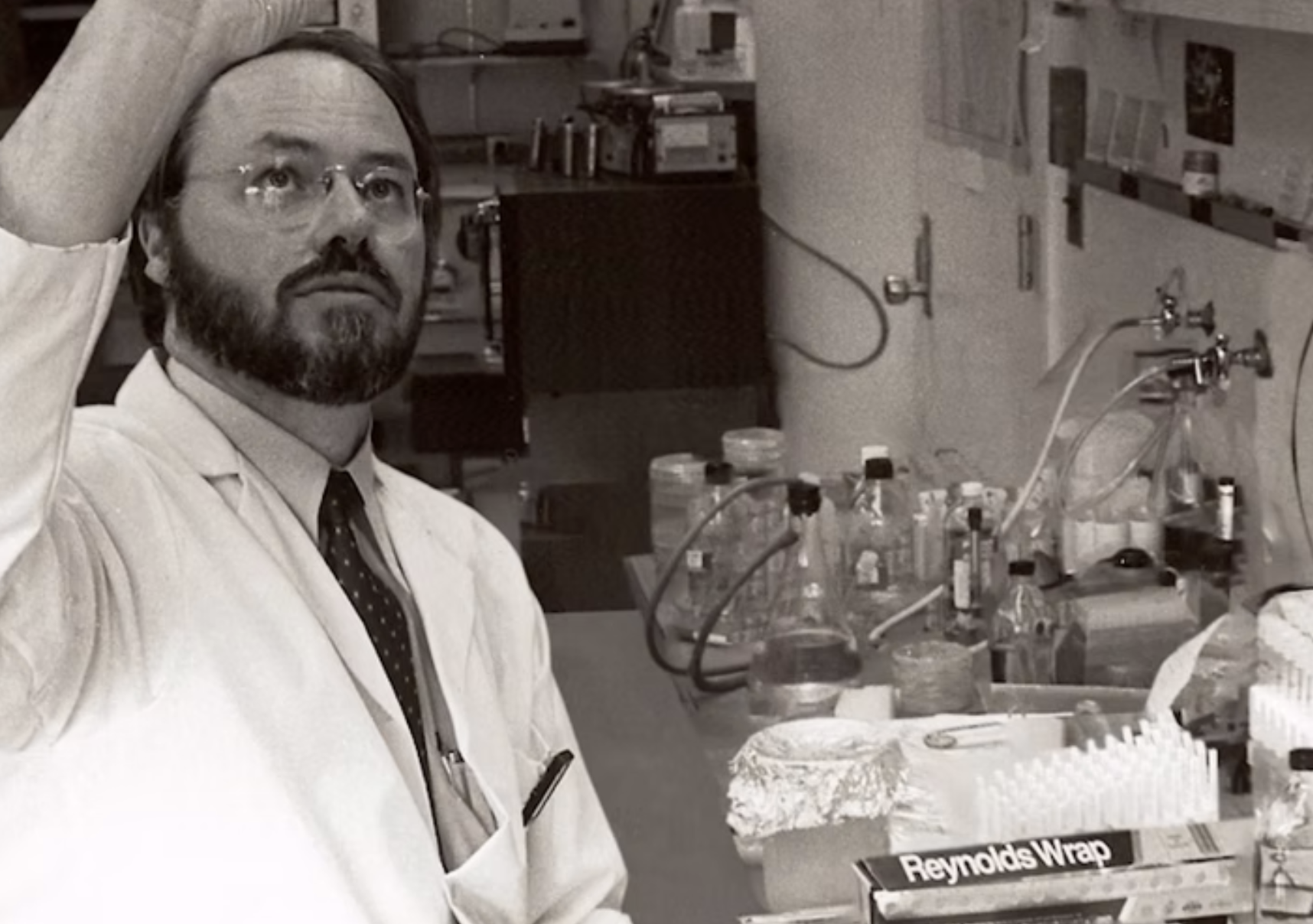What if the food you eat today could affect not only your own health, but also the health of your children and even your grandchildren? That may sound dramatic, but modern science shows it’s true.
This was the central message of a lecture by Professor Lee Boo-yong of CHA University, delivered at the ODC 2025 Conference under the theme “Revolutionizing Food Culture: The Future of Our Table.” His talk, “Your Eating Habits Determine the Fate of You and Your Descendants,” revealed how everyday dietary choices influence not only our current health but also genetic expression across generations.
You can watch the full lecture from ODC 2025 here:
Genes: Fixed Code, Flexible Expression
We often think of genes as destiny. After all, our DNA is a fixed sequence of letters (A, T, G, C) inherited from our parents. This unchanging blueprint is called our genotype. But how those genes actually appear in our lives – our health, appearance, even our risk for disease – is influenced by lifestyle and environment. This is called the phenotype. Unlike genotype, phenotype can be shaped by what we eat, how we exercise, and even by our thoughts.
This idea is at the heart of epigenetics: the study of how gene activity can be switched on or off without altering the DNA code itself. Chemical tags, like methyl groups, act as switches that regulate whether a gene is active. And crucially, these changes can be passed on to the next generation.
Food as Genetic Signals
According to Professor Lee, food is one of the most powerful tools we have to influence gene expression. Nutrients don’t just provide energy – they also interact with our cells, modifying how our DNA is read and translated into proteins.
Carrots and beta-carotene: This pigment is more than just color – it influences transcription factors that regulate genes.
Red meat and iron: While often debated, certain nutrients like iron are hard to obtain without some meat intake.
Black tea and theaflavins: Compounds in tea can suppress overactive genes like COX-2, linked to inflammation, cancer, and asthma.
Folate is another striking example. In one study on male infertility, men with a folate-sensitive gene required much higher levels of folate to maintain healthy sperm counts. Supplementing their diets with folate improved fertility – a direct demonstration of how nutrients affect gene expression.
When History Leaves a Genetic Mark
As highlighted during ODC 2025, one of the most powerful pieces of evidence for epigenetics comes not from the lab, but from history.
The Dutch Hunger Winter (1944 – 45): During World War II, people in the Netherlands endured severe starvation, surviving on as little as 400 calories a day. Children conceived during this period grew up with higher risks of obesity, diabetes, cardiovascular disease, and even cancer. Even their grandchildren carried these risks. Their genes were “programmed” for survival in scarcity, but once food became abundant, that programming turned against them.
Leningrad Siege (1941 – 44): Strikingly, the same effect was not seen in children conceived during the famine in Leningrad. Why? Because food scarcity continued long after the war, their “thrifty” genetic programming was still adaptive. This contrast powerfully illustrates how deeply food and environment shape genetic outcomes across generations.
Everyday Choices, Lasting Impact
Professor Lee emphasized that while we cannot change the DNA we inherit, we can influence how it is expressed. Leafy greens, kimchi, multigrain rice, berries, and tea – foods rich in methyl groups – are particularly powerful in regulating gene activity through DNA methylation.
The striking differences seen in identical twins, or in Koreans living in the U.S. compared to those in Korea, further highlight how lifestyle shapes health. The genes may be the same, but the outcomes are not.
Takeaway: Your Eating Habits Shape More Than Just You – They Shape Your Descendants
Our health is not dictated solely by the DNA we inherit. It is constantly shaped by what we eat, how we live, and the environments we experience. And those changes don’t stop with us – they echo into the next generation.
Every meal, then, is not just about nourishing ourselves. It is also a message to our genes, and possibly to the genes of our children and grandchildren. As Professor Lee concluded at ODC 2025: “The phenotype we see now can be changed – and in its changed state, it can be inherited.”
About Organoid Developer Conference
ODC (Organoid Developer Conference; website: https://odc.network/) is a visionary platform that paves the way for a sustainable future through organoid technology. By blending scientific innovation with artistic creativity, the event aims to unlock new possibilities and inspire transformative advancements.
Since its inception in 2018 as a symposium hosted by OrganoidSciences, Inc. in Korea, ODC has grown into a dynamic hub connecting over 1,000 institutions worldwide. It’s a place where curious minds – scientists, artists, philosophers, and everyday innovators – come together to share groundbreaking research, spark creative inspiration, and shape the future of bioscience.





